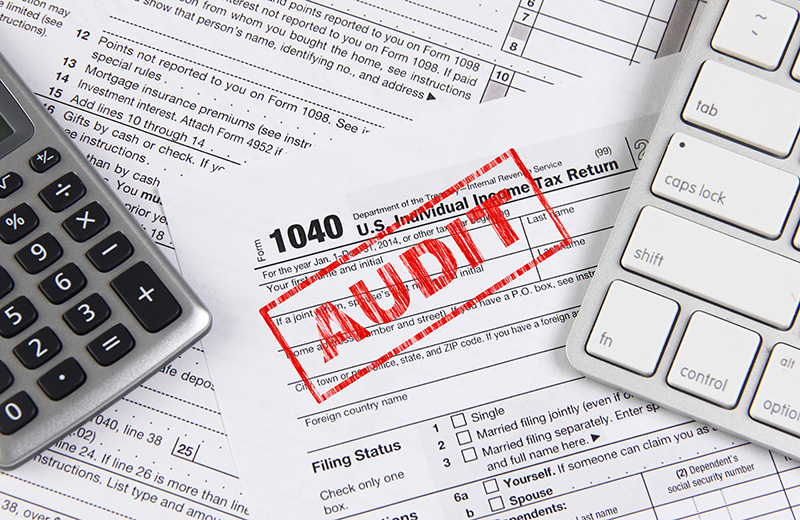What Documents Do You Need for an Audit?
March 01, 2013 by Karen Reed, EA
When your tax return is audited, the IRS will ask to see the specific records and documents that show how you came up with the dollar amounts you reported on your tax return. Many deductible expenses will not be allowed unless there has been adequate recordkeeping and you can prove your eligibility for credits and deductions as written by Congress in the Internal Revenue Code.
For certain business deductions the IRS requires records to be contemporaneous with the transactions and will often disallow expenses that are based on incomplete and re-created records. In addition, there must be suitable evidence to prove that the expenses were “ordinary and necessary but not lavish” in your business field. Proof of payment is not enough – each expense must have a valid business purpose that you can prove.
There are specific requirements for substantiating deductions for travel, meals and entertainment. As a business owner or employee, you are required to maintain an account book, diary, log, trip sheet or similar records, as well as documentary evidence, such as receipts and cancelled checks, to substantiate the amount, time, place, persons met with and the business purpose of your expenditures.
Specific types of records may be needed for an audit of your business, including those that verify assets, gross receipts, purchases and expenses. All records should be timely and indicate what was received, from whom and for what business reason.
Credit card or electronic banking statements alone may not be accepted if you are audited. The IRS requires receipts for the expenses you claim, as this is often the only way to prove what specific item or service was purchased for business purposes.
The length of time to retain books or records varies. The IRS recommends that records be retained for “as long as they may be needed for the administration of any provision of the Internal Revenue Code.” This generally means until the statute runs out, or as long as the return can be audited, which is generally three years for federal audits in most but not all cases. The statute of limitations varies by state.
Certain documents should be retained longer, if not permanently. These include copies of old tax returns, divorce decrees, adoption papers, retirement plan documents and basis records for real estate, stock, assets and depreciable property.





